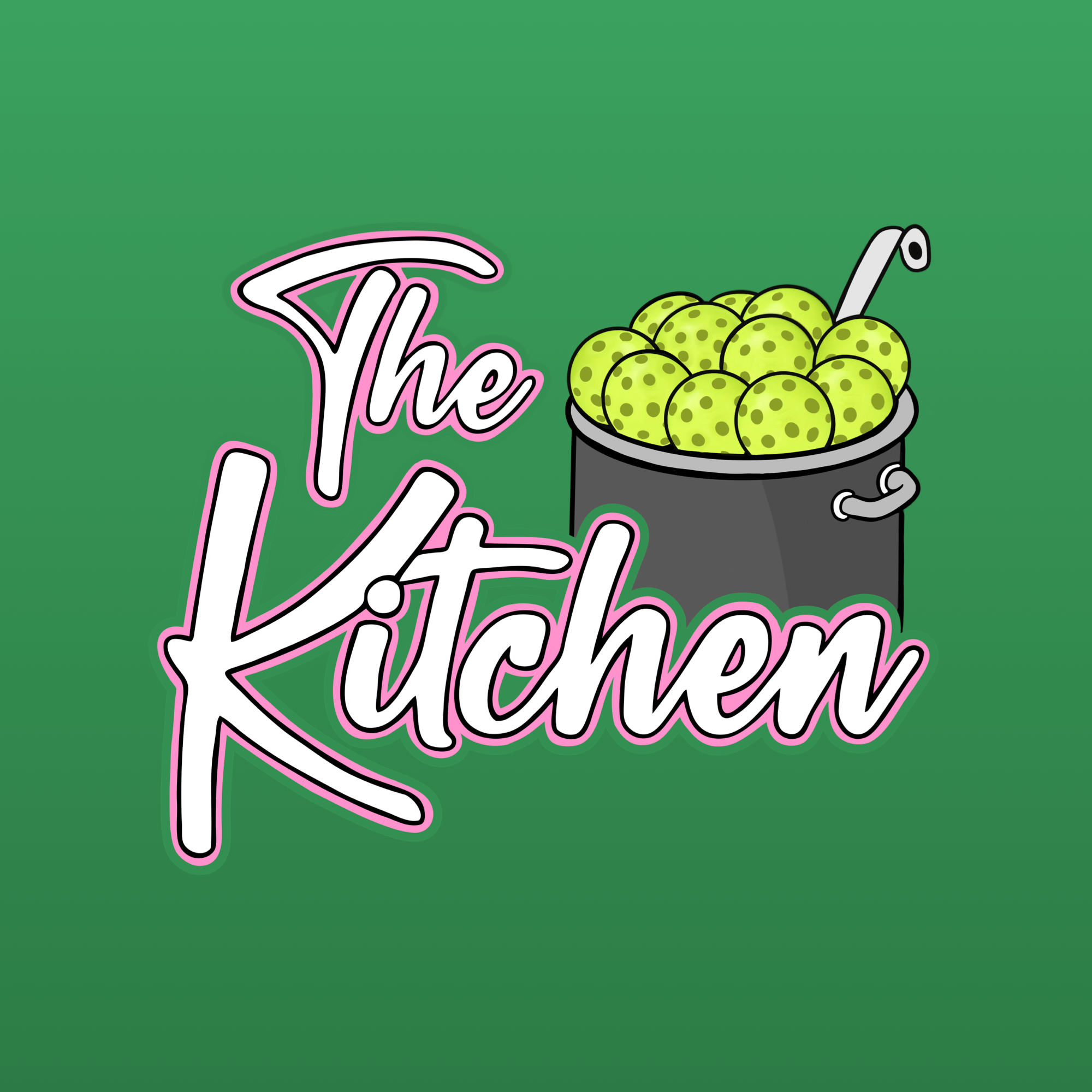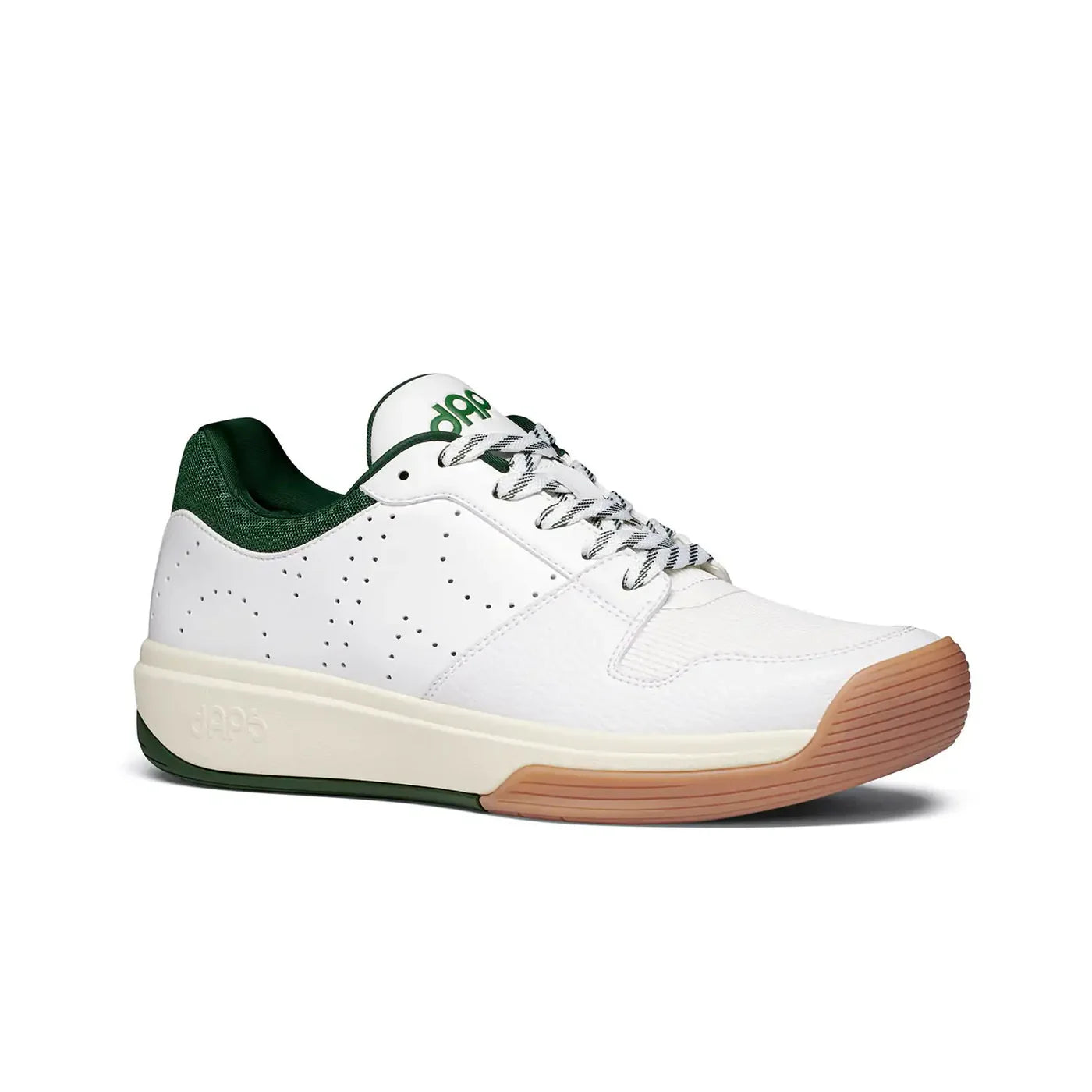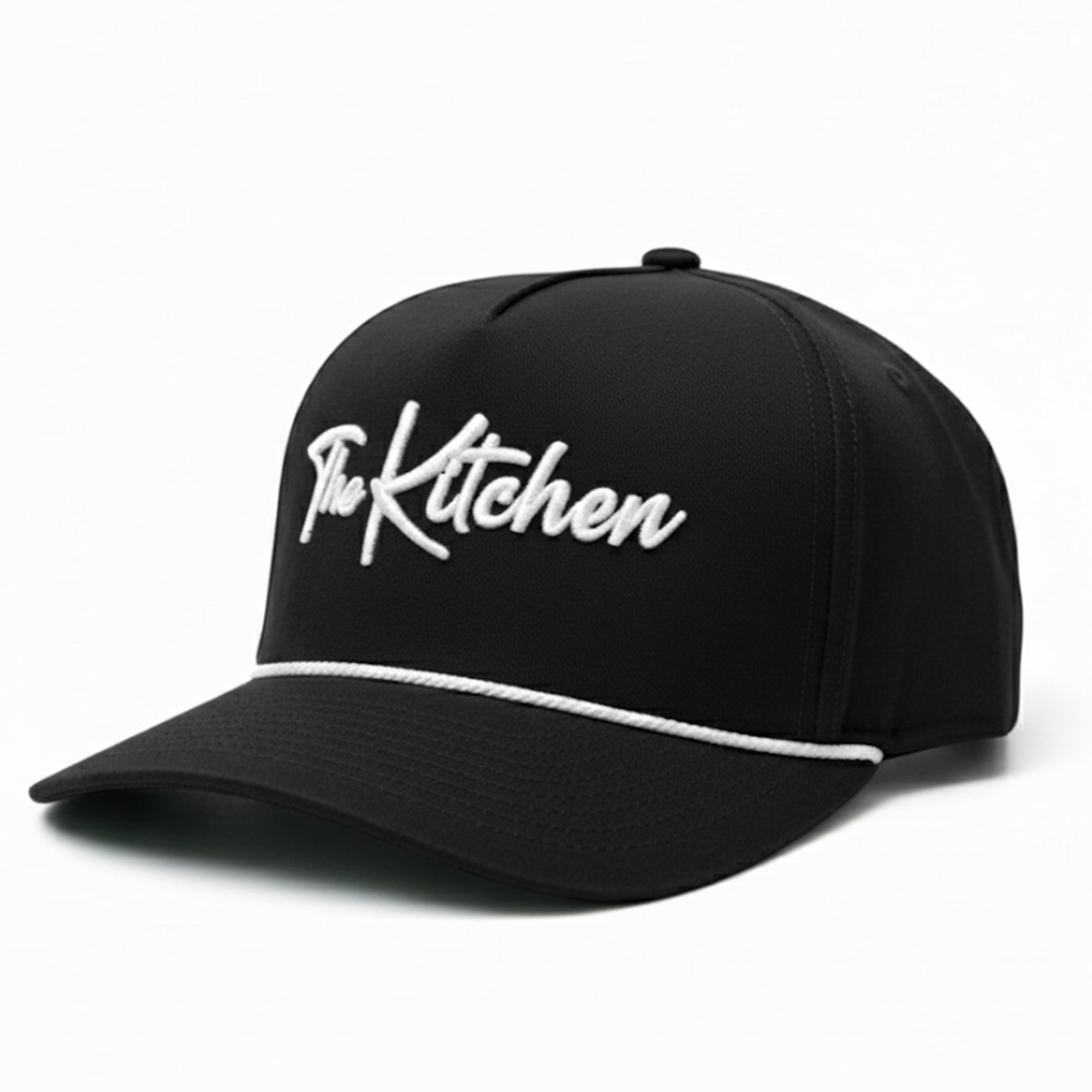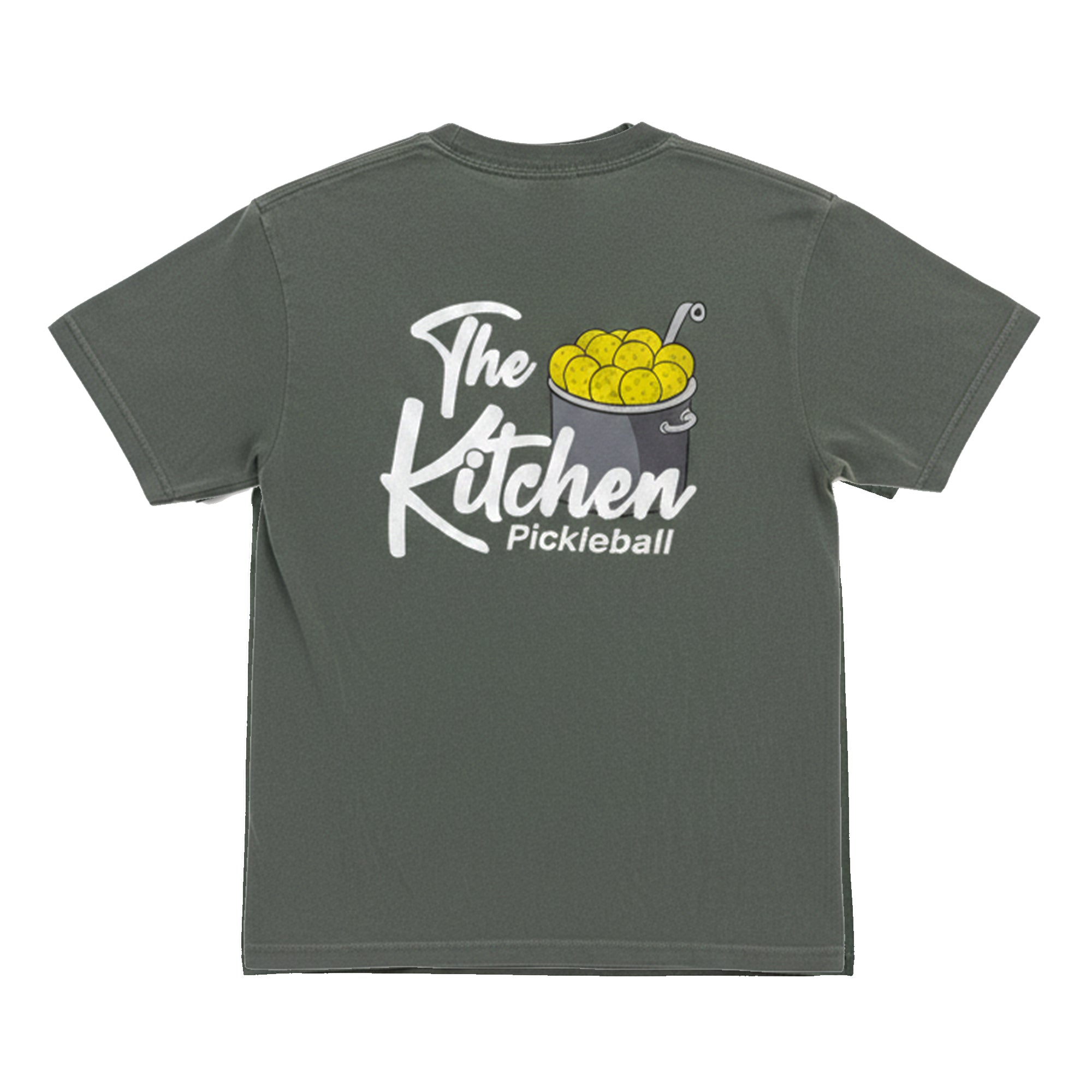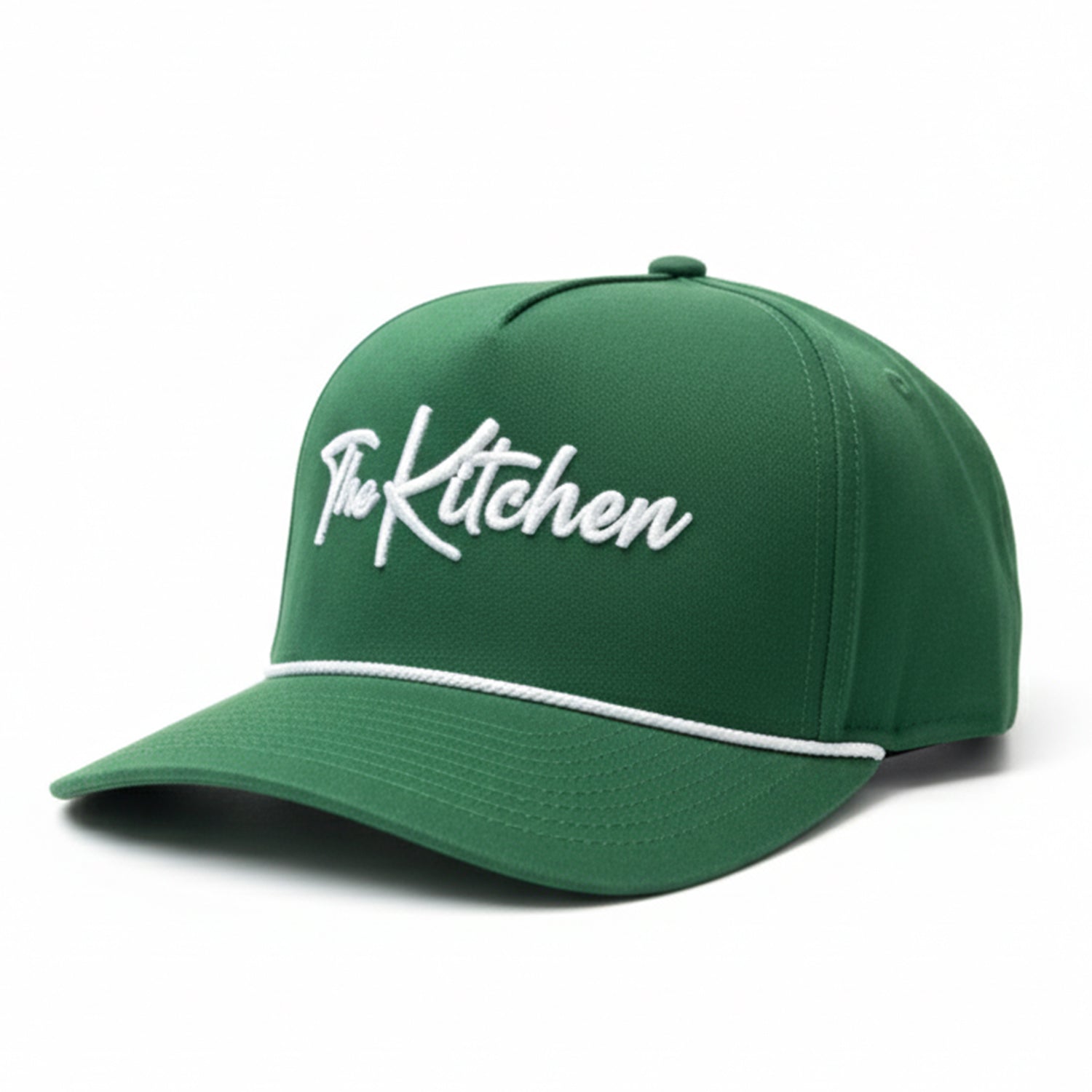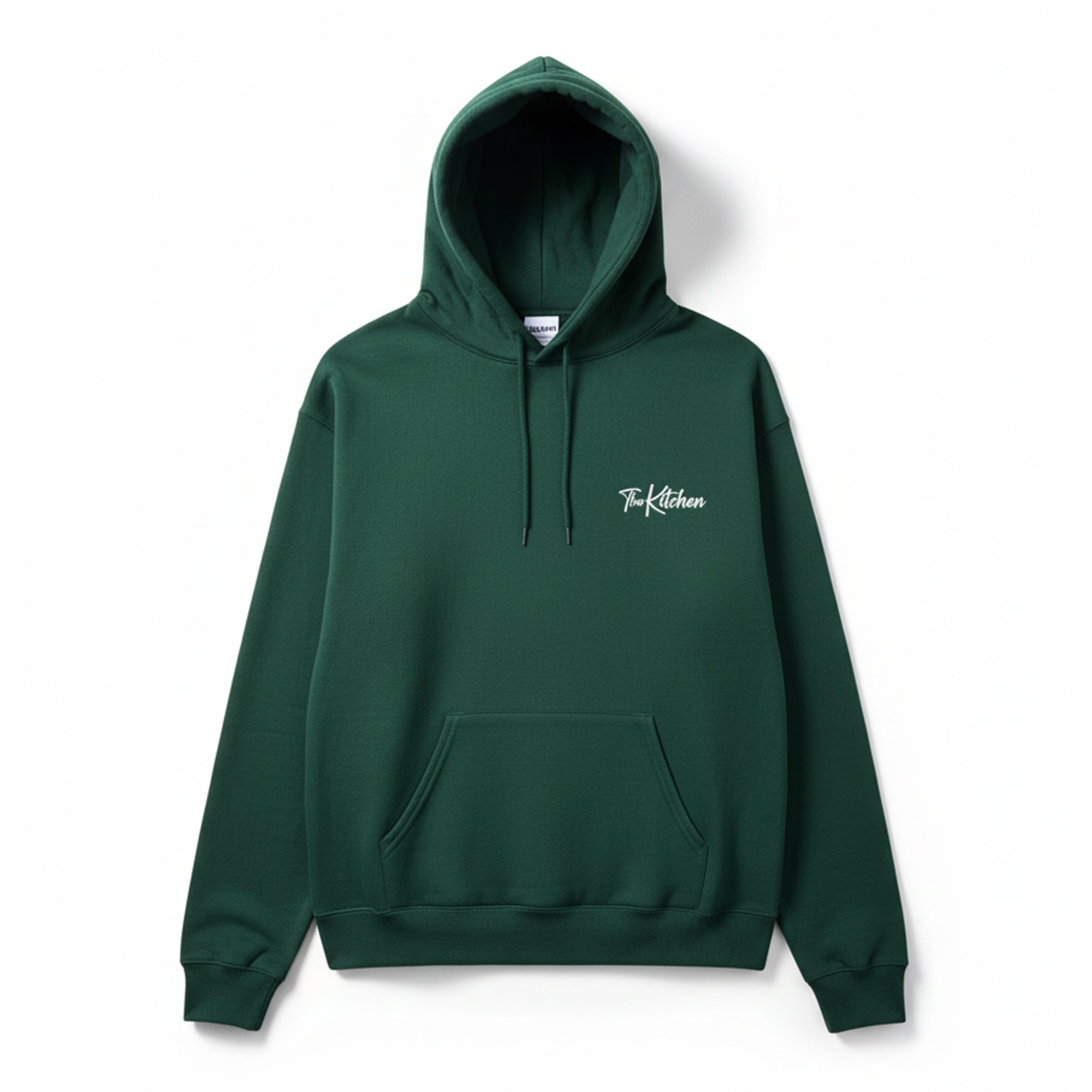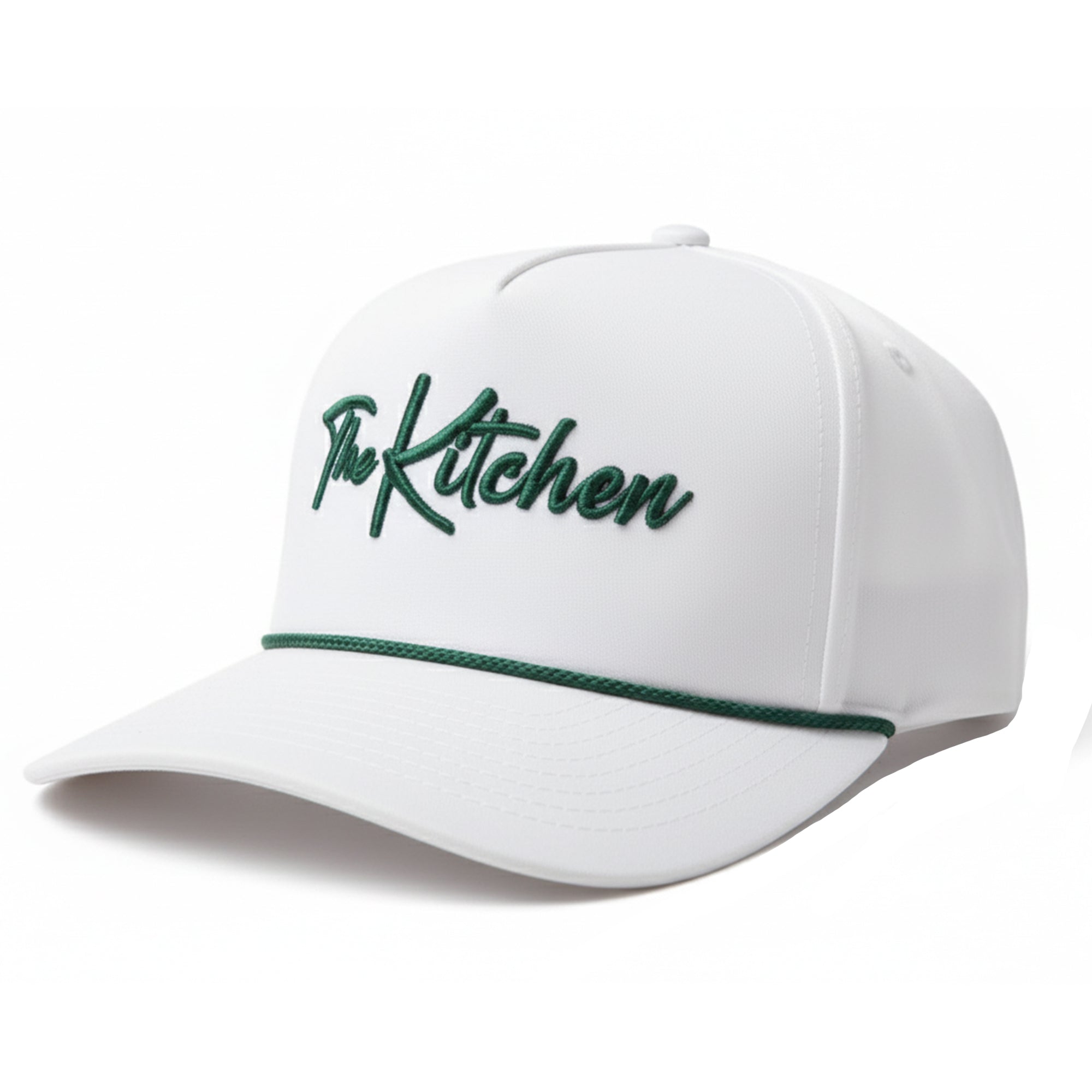The Best (and Worst) Parts of Becoming a Pro Pickleball Player
Last Edited
Oct 03 2024
Category
News
As a journalist who only truly loves one sport (you can guess which), I never gave pro athletes much thought. After all, they're paid more than I'll ever see in my lifetime to play, what, 25 games per year?
But then I talked to some pro pickleball players.
They have a much different schedule than your NFL or MLB pros. That's not to say football or baseball players don't work hard — they certainly do.
But for pro pickleballers, there is no "off-season."
They're setting an example for high-level play, traveling the country for over half the year, fighting to medal in a rapidly-shifting sport...all while working other jobs and maintaining personal lives outside of pickleball.
The thought of getting paid to play the game you love sounds like a fantasy, and for some, it is.
But beyond the thrill of competition and the center-court victories, the life of a pro pickleball player has many challenges—the kind that don't show up on the highlight reel.
I caught up with four pros—Tyson McGuffin, Allyce Jones, Jack Munro, and Lina Padegimaite—to fully understand what it's like becoming a pro pickleball player.
The Best Parts of Becoming a Pro Pickleball Player
For Tyson McGuffin, pickleball was a sport that found him.
He was teaching tennis when a member at his club kept pestering him about this "silly sport" called pickleball. Tyson reluctantly found himself in a rundown YMCA with a packed gym floor, taped lines, and a crowd that took the game seriously.
"I got my butt kicked," Tyson admits. But that loss sparked an obsession. Fast-forward, and Tyson is one of the top names in pickleball, and he credits the sport for giving him "everything."
"Being able to take my kids and family on the road, meet new people, and see new things—memories we'll have forever," Tyson reflects.
For Allyce Jones, who picked up pickleball as a way to stay active during the pandemic, the intensity of pro-level competition is unmatched.
Even after playing college sports, she says there’s nothing like the rush of facing off against the sport's best.
Both Allyce & Lina Padegimaite stress how important it is to them not only to "fill their competitive cup," but to set an example for their children.
"Being a role model for my son, who often comes on the road with me to these events, is incredibly important," Lina says.
Jack Munro, a 20-year-old balancing his pro pickleball career with higher education at UT Austin, says the opportunities pickleball has brought him have been incredible.
"Meeting fans from all over, signing autographs, and being recognized for my content even in the UK, Germany, and Spain..it’s surreal," he says.
A Breathless Schedule
Speaking with these pros makes the thought of playing pro pickleball seem glamorous...until you ask them about their travel schedule.
While none of these athletes are willing to sacrifice family & friends for the sake of their careers, the bitter truth is that balancing one's personal life with the rigorous pace of playing pro is among the most challenging aspects of this career path.
"Being away from home, out of my typical routine, can be difficult," Tyson admits. And with a year-round season, there’s no true off-season to rest and recover.
For Tyson, the busy month of April is especially tough—it’s the anniversary of his father’s passing, making it difficult to find the fire to compete. But it’s in those moments, like when he pushed through to win a singles title at the US Open, that he feels the presence and strength of his dad.
Other months bring back-to-back events between PPA Tour and Major League Pickleball. Those are the times Allyce says are particularly challenging.
"I really dislike when we have a PPA progressive draw and an MLP tournament connected together. It makes it so we are away from home for almost two weeks. So you aren’t ever quite on a normal routine."
The Day-to-Day is Also a Grind
As if these pros didn't already pack enough pickleball into the year, they of course all practice for hours every single day, on top of gym time and body conditioning.
That last part is especially important when you're stressing your body for over half the year.
Lina says she puts serious effort into making sure her body and mind doesn't break down.
"Being a pro athlete makes me feel like I can't take many risks in life. At a recent event in New York City, I even found myself thinking about whether or not I should even ride a bike...What if I had an accident? I am focused on longevity: I want to be the best I can be for the next decade."
Even when they're at home, these pros don't have much time for themselves.
Allyce shared an outline of her typical day when not playing in tournaments:
- 5:45-7:15am: Early Morning Ball Machine or Drilling
- 7:15-8am: Help my Kids off to School
- 8:15am-9am: Drill with my Husband
- 9-10:30am: Drilling Session
- 10:30-12:30pm: Play and Apply what I’m drilling or another 90min drill session
- 12:30 -2pm: Eat Small Lunch and Go workout
- 2-3pm: Recovery Work
- 3pm-8:30pm: Kids' Extracurricular Activities
The struggle doesn’t end there. There's also the constant confrontation with losses at every event.
Lina points out that unless you're Ben Johns or Anna Leigh Waters, you're going to lose...a lot.
"When a tournament doesn’t go your way, it feels like the ground is beginning to slip out from under you," she says.
"You put all this work into figuring out your financials, finding the right doubles partner, and everything else that goes into playing pro...it can take over a year just to find the right partner."
The Mental Game: What Fans Don’t See
One thing Tyson wishes people understood more: the mental health struggles that come with the territory.
"I think if we talked about it more, we’d find it was common and OK to battle that stuff," he shares.
"I think that for fear of people thinking less of them, some of us hide the mental health struggles we battle as a result of the different lifestyle."
He believes in building a great support team—coaches, family, and even therapists—to help keep everything in balance. The mental game isn’t just part of the sport; it’s often the deciding factor between a good performance and a great one.
For all the ups and downs, every player agrees that the journey is worth it. The wins feel sweeter, the bonds stronger, and the love for the game ever-growing.
What We Owe Pro Pickleball Players
Whether or not you make a habit of watching them, pickleball pros deserve a second thought.
Their schedules have been in flux for their entire careers; their minds and bodies take a beating each week; their game changes and they are expected to change with it.
Read Next: What It’s Like Being a Pro Pickleball-Playing Mom
They push the sport forward, giving the world a reason to take pickleball seriously while making history in every single event.
And though each of them willingly chose this lifestyle, none of them deserve to be taken for granted.


